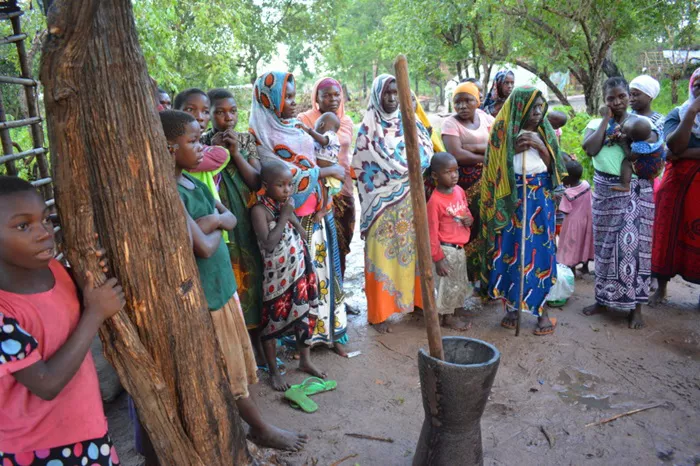In a groundbreaking study published in The Lancet Infectious Diseases, researchers have unveiled a malaria vaccine with unprecedented long-term efficacy, particularly for women planning to become pregnant. Led by the Malaria Research and Training Center (MRTC) in Bamako, Mali, the Laboratory of Malaria Immunology and Vaccinology (LMIV) at the National Institutes of Health, and Sanaria Inc., the study highlights the durable protective effects of the Sanaria® PfSPZ Vaccine.
The research, spearheaded by Dr. Halimatou Diawara of MRTC and Dr. Sara Healy of LMIV, took place in Ouélessébougou, Mali from 2018 to 2021. This represents the first time a malaria vaccine has demonstrated the ability to safeguard mothers from malaria during pregnancy and provide protection across two transmission seasons without the need for booster doses.
Malaria remains a severe threat during pregnancy, causing approximately 50,000 maternal deaths and 200,000 stillbirths annually in Africa. The urgent need for enhanced protection for both mothers and their unborn children has prompted this study. The PfSPZ Vaccine, known for its excellent safety profile, has shown promising results in Mali, where malaria transmission is particularly intense.
Professor Abdoulaye Djimde, Director of MRTC, emphasized the significance of this breakthrough. “Our collaborative efforts with NIH and Sanaria have confirmed the vaccine’s efficacy in a region plagued by seasonal malaria transmission. This is a critical advancement in safeguarding both maternal and fetal health.”
The clinical trials recruited women intending to become pregnant within the year. Following immunization, participants were monitored through two malaria transmission seasons. Those who became pregnant were observed throughout their pregnancies, and their newborns were tracked up to their first birthday. The study included two vaccine groups (one receiving a low dose and the other a high dose) and a placebo group.
Results revealed that the PfSPZ Vaccine was well-tolerated, with no significant differences in adverse events between the vaccine and placebo groups. Notably, vaccine efficacy against malaria infection was 57% during pregnancy in the lower dose group over two transmission seasons. In the high dose group, efficacy reached 86% during the first year. Remarkably, the vaccine also appeared to facilitate earlier pregnancies, possibly by preventing malaria-related early pregnancy loss.
Alassane Dicko, who leads the team in Mali, described the findings as a significant step forward. “The effectiveness of the PfSPZ Vaccine in preventing malaria during intense transmission periods, both before and during pregnancy, is a major advancement. The observed effect of earlier pregnancies in vaccinated women is an unexpected and encouraging outcome.”
Stephen L. Hoffman, MD, founder and CEO of Sanaria, praised the study’s results. “The PfSPZ Vaccine has demonstrated long-term safety and efficacy in multiple studies across Africa. This latest research underscores its potential to protect women and their unborn children from the devastating effects of malaria.”
Looking ahead, Hoffman suggests that the vaccine should be administered to adolescent girls prior to pregnancy, with booster doses given during pregnancy. The next phase of research will focus on confirming the vaccine’s safety and efficacy in pregnant women.
Rose Leke, Professor at the University of Cameroon and chair of the Gavi independent review committee, commended the study. “Given the scale of malaria’s impact on women of child-bearing age, it is crucial to develop and test interventions for this vulnerable group. This research marks a significant achievement in preventing malaria during pregnancy.”
This breakthrough in malaria prevention holds promise for improving maternal and neonatal health in malaria-endemic regions, offering new hope in the fight against this life-threatening disease.
[inline_related_posts title=”You Might Be Interested In” title_align=”left” style=”list” number=”6″ align=”none” ids=”6708,3956,11305″ by=”categories” orderby=”rand” order=”DESC” hide_thumb=”no” thumb_right=”no” views=”no” date=”yes” grid_columns=”2″ post_type=”” tax=””]


































